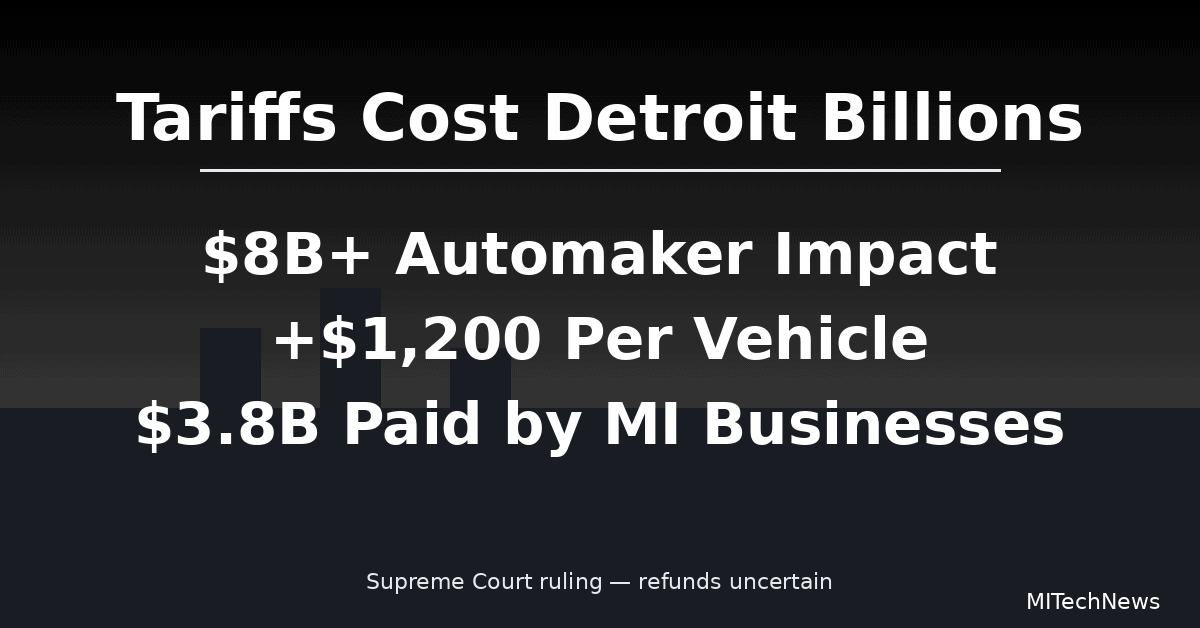DEARBORN – Ford Motor Co. CEO Jim Farley sees the automaker as in a race against Chinese manufacturers to make affordable, yet profitable, electric vehicles. Farley says that the key to winning is to downsize the vehicles and the price.
That might sound obvious, but it is also counterintuitive, given that the automaker’s first all-electric vehicle in recent years was the F-150 Lightning pickup. Also, Ford’s bread-and-butter moneymakers are the F-Series gasoline and hybrid pickups.
But Ford’s restructuring of its EV investments and strategy has become a repetitive mantra for Farley in recent weeks, as he tells Wall Street analysts the automaker is in good shape to develop a variety of vehicles and propulsion systems to meet customers’ range requirements and wallets. Most importantly, Ford is positioned to better compete against the Chinese EV giants, especially BYD, which is known for high-quality, yet affordable, EVs. Those cars are currently barred from the U.S.
“We think that our battery strategy is more fit than our competitors,” Farley said at a Wall Street conference recently. “And we have understood BYDs through teardowns and future knowledge from the supply chain.”
While Ford deserves credit for tweaking its EV strategy to focus on smaller, more affordable EVs, some industry experts said all of the Detroit automakers should have recognized sooner that developing cheaper battery technology on smaller vehicles was the right way to gain widespread EV adoption in the United States.
“If anything, Ford was way too aggressive in capacitizing for more expensive vehicles and late to recognize that it needed the Skunkworks,” Sam Abuelsamid, vice president of Market Research at Telemetry Insights said.
Skunkworks is the team of engineers that Ford put together in California to develop a low-cost EV platform.
“Even Tesla was early in recognizing the need to take cost out of its EVs, and while affordability remains challenging with Teslas, they have found a path to profitability, something few automakers globally have achieved with EVs,” Abuelsamid said.
Read more at Detroit Free Press







